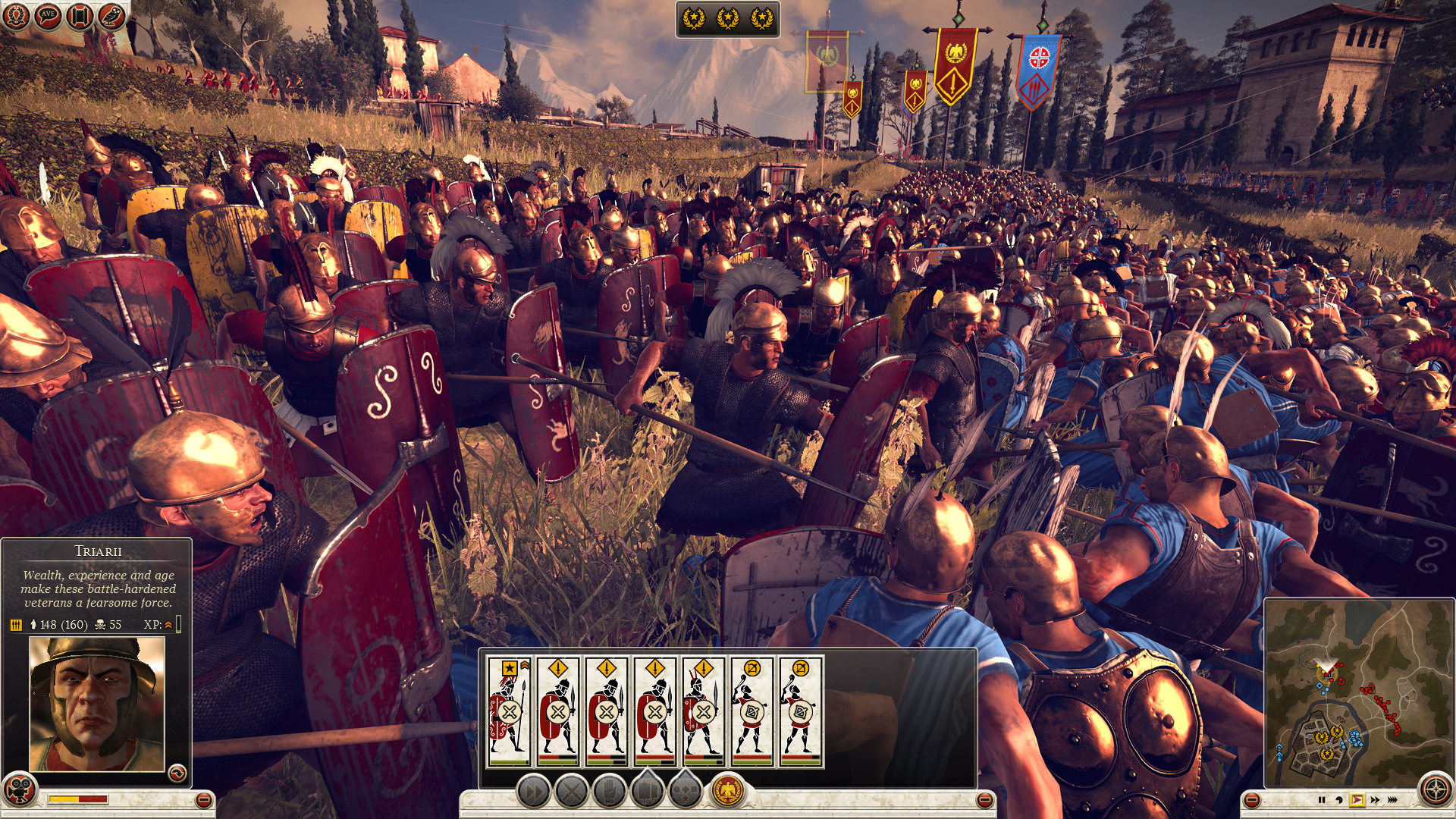
Latin puns: Fun for the whole familia
For me, one of the funniest moments of every year is when my beginning Latin students learn the word ubi. When I was a kid, this is when we first learned the faux-Latin phrase semper ubi sub ubi. Nowadays, it’s when my students realize that the name of the French video game developer Ubisoft, which publishes some of the most successful gaming franchises in history (Assassin’s Creed, Splinter Cell), is a Latin pun on the word “software.”
While teachers are usually happy to embrace films (Gladiator, Ben-Hur, The Eagle, etc.) as an entertaining way to engage their students with ancient history, video games are still slow going. As a lifelong gamer, I find that disappointing. To that end I thought I’d share with you some of my favorite games to show, talk about, and (on those rare occasions when we have a free class day) play with my students. I’ve selected games that are rated Teen or below and have some meaningful educational value to them, so you don’t need to worry about things getting absurdly violent – or worse, sacrificing historical accuracy for the sake of entertainment.

Civilization VI
The Civilization Series are strategy games in which you play as the leader of a civilization of your choice. Players attempt to conquer the world through a combination of warfare, cultural influence, and technological superiority. Everything – names, building types, military units – is based on historical fact, and is a wonderful opportunity to spark students’ curiosity.
The two most recent entries, Civilization V and Civilization VI, are the only games I am aware of that contain spoken Classical Latin, courtesy of Augustus (in Civ 5) and Trajan (Civ 6).

Rome II: Total War
Known for its massive real-time battles, Rome II: Total War is for the military enthusiasts among your students. Players have the option to replay historical military engagements (how would you have fared against Hannibal at Cannae, or in the Teutoburg Forest?) or create their own with a wide variety of military units, from hastati to ballistae to war elephants. While the graphics are a bit dated now, these games give a sense of the sheer scale of ancient battles.
An expansion pack, Caesar in Gaul, could be fun during the post-AP exam doldrums.

Europe Universalis: Rome
Your more diplomatic and detail-oriented students might enjoy Europa Universalis: Rome. A so-called “grand strategy game,” you are plopped into the Roman Republic in 280 BCE, given control of one of 53 separate factions (you can control Rome, obviously, but how might you handle being in charge of Numidia? Colchis? Bithynia?) and maneuver your way to the top through bribery, diplomacy, compromise, assassinations, strategic marriage, and warfare.
EU: Rome is far and away the most challenging of these games and isn’t for everyone, but it gives players a good idea of the complexity of politics and diplomacy in the ancient world and is worth, in my opinion, the considerable time investment.

Minecraft in Latin
And finally, simply for the possibilities, is good old Minecraft. Over the years I’ve had a number of students who’ve preferred to do architecture projects in the game, which has led to some beautiful creations I still have on my hard drive.
There are also a wide variety of user generated Minecraft creations available on YouTube, which always captivate my students as a sort of “guided tour.” You can look at all kinds of baths and villas, of course, but what about a full-size recreation of the Colosseum?
For additional fun and challenge, the default language can be set to Latin.
Happy gaming!
